WU Alumni Hubs on mobility and COVID-19
What does “mobility” mean in times of COVID-19? We asked our hub managers to share their insights and experiences with us.
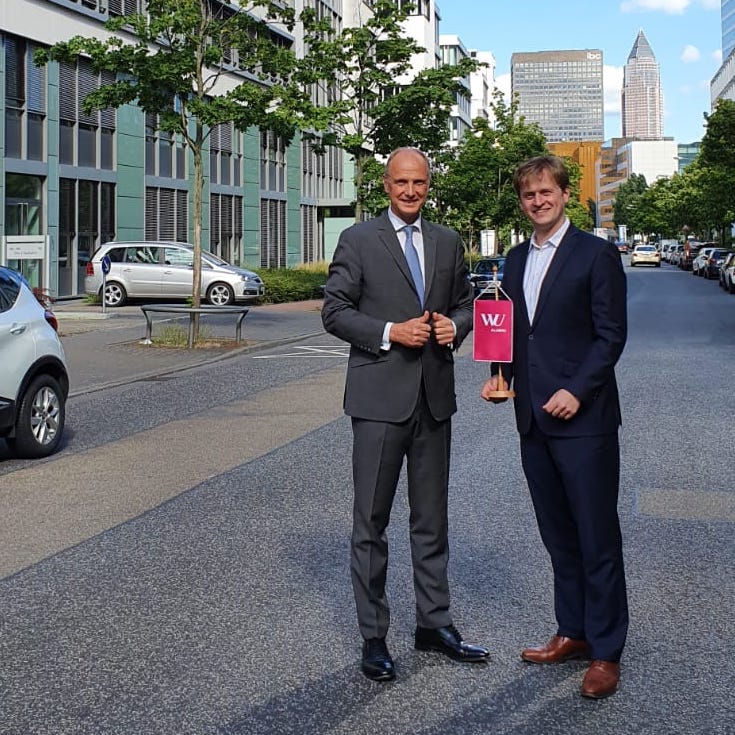
“In its role as Europe’s aviation hub, Frankfurt has suffered a major business slump during the pandemic. We ourselves have been running our projects from home. Our families have enjoyed having us around and we can meet our customers in video conferences. The coronavirus has shown us just how much we have taken international mobility for granted. In the future we will reflect more before setting off on private or business trips.”
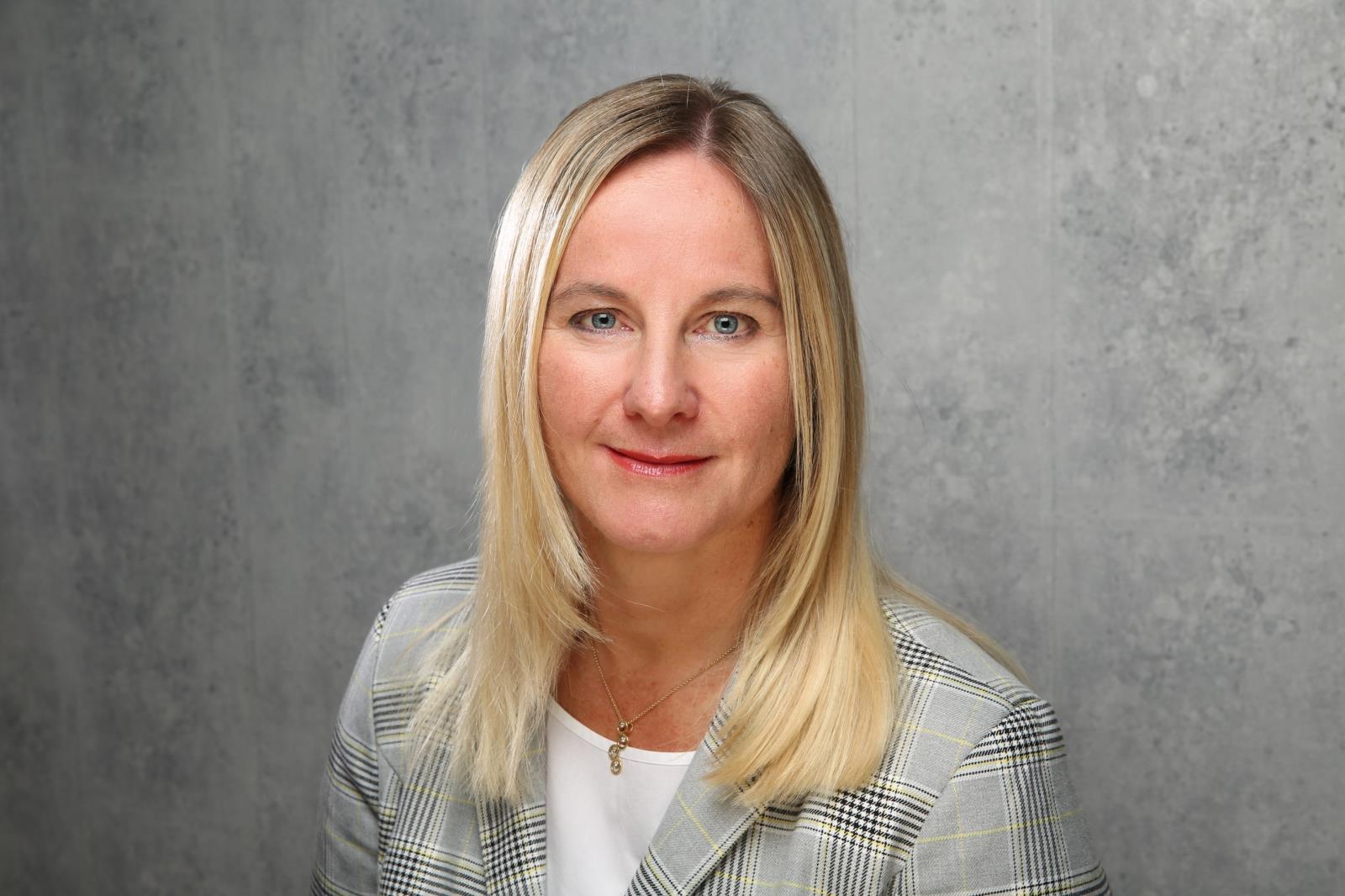
“As a vibrant business location, Stuttgart is currently facing multiple challenges: The transformation of the automotive industry, the realization of strategic transports concepts with Stuttgart 21, our function as a hub for the Eurowings fleet and the fallout of the Covid-19 pandemic all demand that politicians and business leaders show huge mobility in their decision-making and implementation. As an Austrian living abroad, I’m already well seasoned in matters of high “mobility”. I’m grateful that digitalization is now simplifying or enabling networking in the professional and private spheres.”
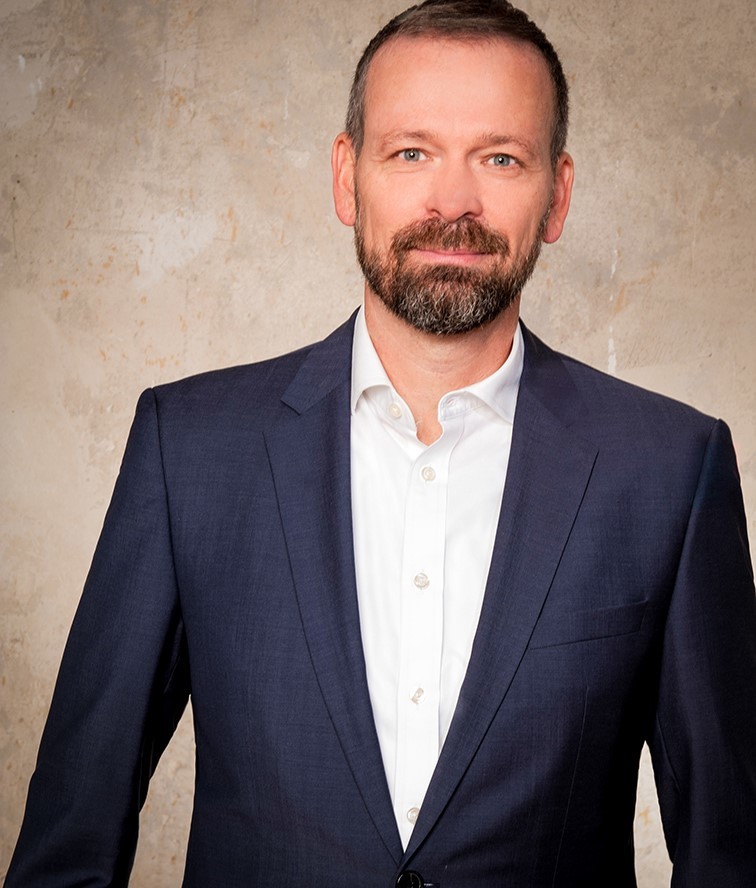
“For me personally, mobility has taken on various new meanings. Since 2019, we as a family have dispensed with our own car for the first time. I’ve since been organizing my professional mobility completely differently – by e-bike or train or using car-sharing. It all takes some planning, and the question always arises: “Which mode(s) of transportation should I choose for a specific occasion?” The restrictions of 2020 brought another dimension to the mix. Suddenly, online formats became possible, bringing together people from completely different regions. But your own mobility is limited to walking from the living room to the office. Or from the desk to the conference room.”
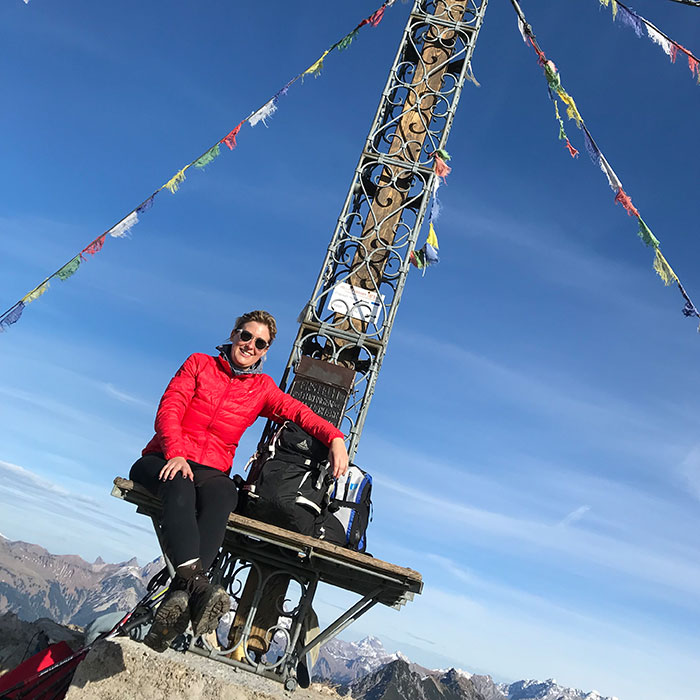
“Mobility in Vorarlberg is very closely linked to cross-border travel, international logistics and visionary ‘lighthouse projects’ by innovative companies. In this context, I am particularly excited by proposals for a cable car or an environmentally friendly, self-driving train between the Rhine Valley and the Bregenz Forest. Future technologies and spatial development are brought together and reimagined by such visionary ideas. Especially during the pandemic, we shouldn’t underestimate the importance of ‘mobility in our heads’. Mental agility is required to find creative solutions to the challenges of COVID-19.”

"Mobility takes place on different levels. Spatial mobility is a basic need for society and the economy. But mental mobility is just as important. It is responsible for technological progress, social intelligence and individual adaptability. Both levels have undergone a lasting paradigm shift due to the pandemic. The restrictions have triggered a growing demand for mental mobility. The technology of videoconferencing is enjoying a boom, not just due to the decline in business travel but also thanks to the increased uptake by previously less IT-savvy people as well as senior citizens. The future belongs to “virtual mobility”!"
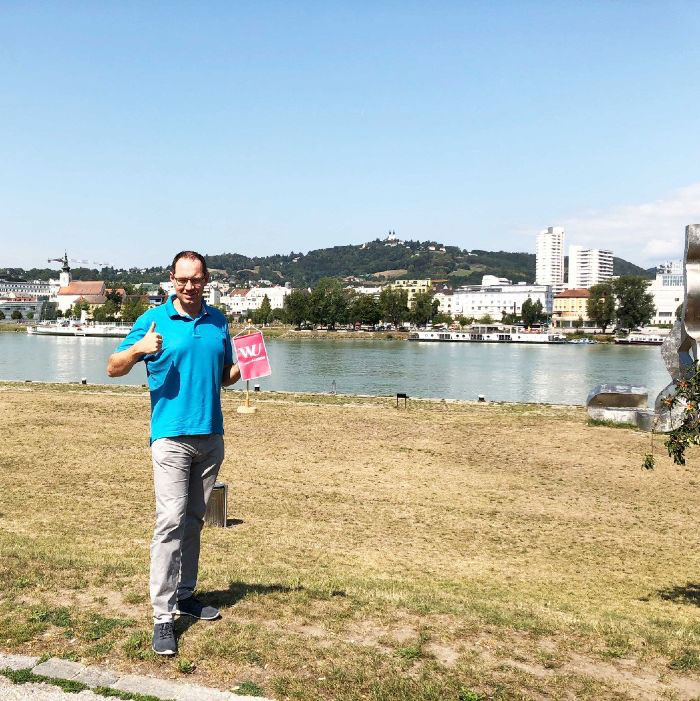
"The corona-related limitations of our mobility have forced us to stay close to home. Due to the wonderful enviroment in the southern part of Upper Austria, this is easy to endure. It is an opportunity to learn how to be content with what he have. Visiting distant destinations is perhaps also a search for happiness – presumably in vain. True happiness is actually to be found in our inner attitude."
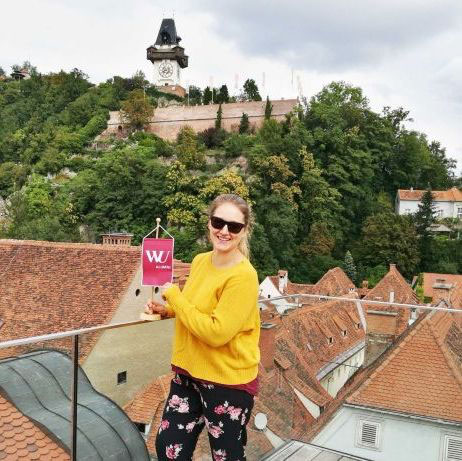
"My mobility was severely restricted because I was unable to expand my business location. Not to mention the loss of revenue. Meanwhile, my mental mobility, flexibility & creativity have expanded immeasurably. I clearly decide how I want to look at these challenges: as an opportunity for unprecedented growth, even if it is "only" limited to personality growth."
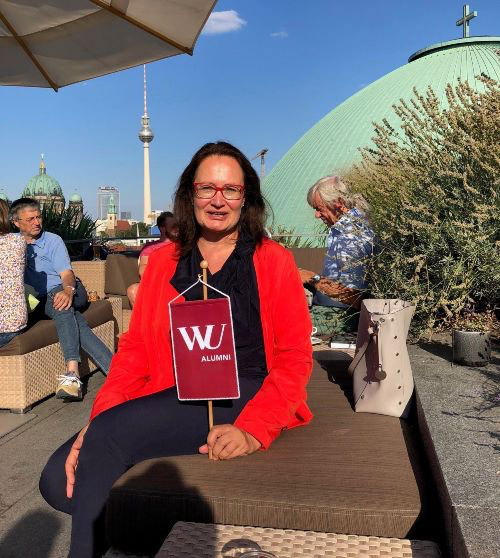
"Mobility has always meant that life and ideas are equally in motion. Even when external circumstances impose geographical restrictions on us – these restrictions are not intellectual ones. Pure immobility cannot exist. The circumstances have only shifted temporarily. More than before, I pursue new ideas, locate and develop them. Whether at home or on the wonderful urban islands of my city Berlin."
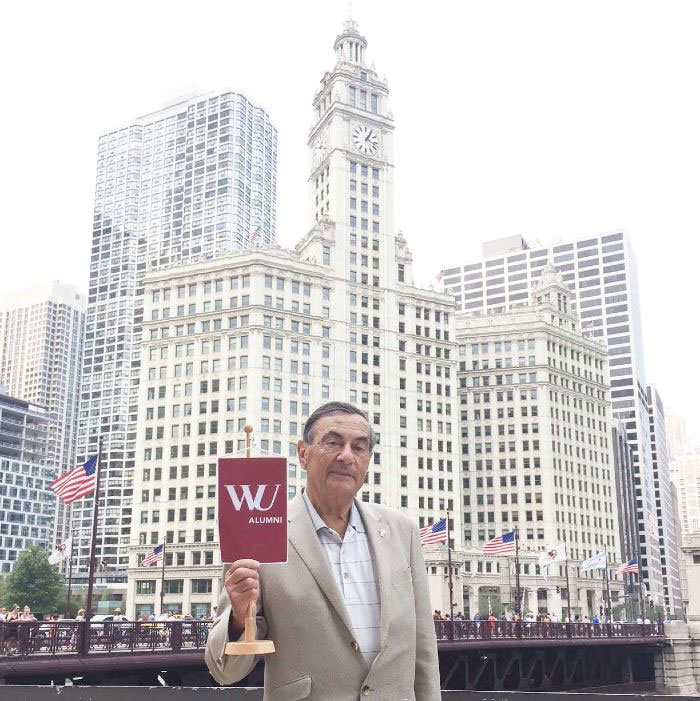
"Travel restrictions for Austrians abroad who have accepted a foreign citizenship for professional or family reasons and want to return to Austria show how important it would be to have a uniform regulation regarding dual citizenship, because federal states treat the retention of Austrian citizenship when accepting a foreign one very differently."
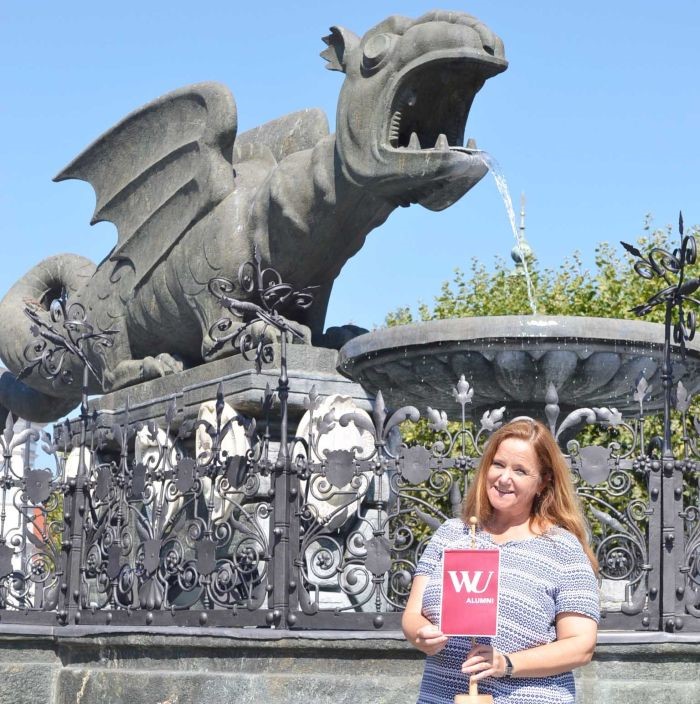
"I have suffered tremendously from the massive restriction of mobility in the past months. Above all, the fact that short visits to Grado or Piran were no longer possible means a significant cut in the quality of life for us Carinthians. One of the greatest achievements of the EU, the free movement of people, is suddenly restricted. The advantage that digitalization has been extremely accelerated in 2020 can only compensate to a limited extent for the disadvantage of the lost freedom to travel."
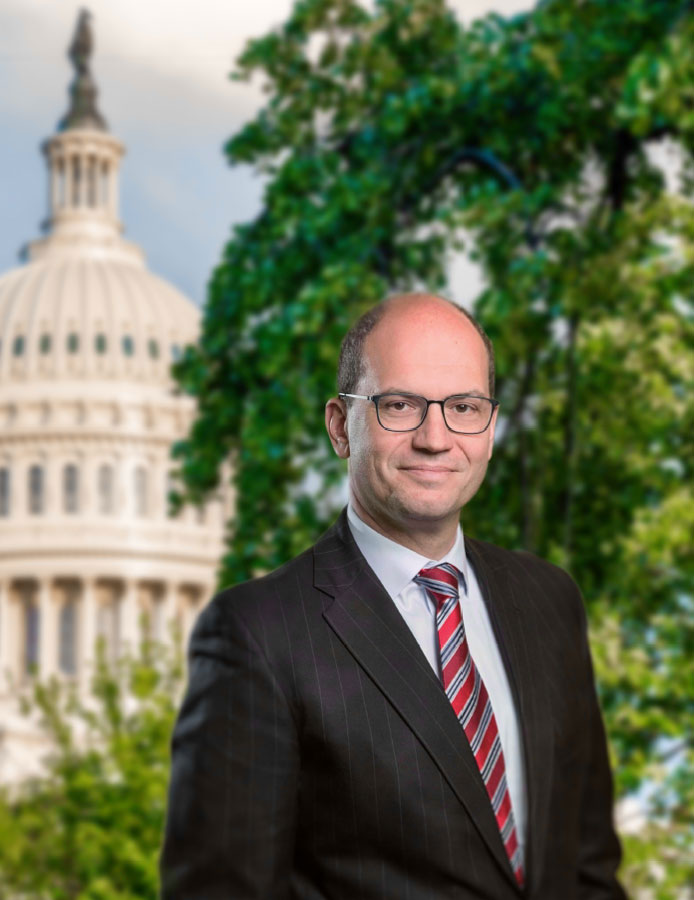
"I have lived in the U.S. for 20 years, and for the last 11 years in Washington D.C. I have flown to Europe regularly, more than 10 times a year, making frequent side trips to visit family and friends. Most importantly, I was always able to fly to Vienna on short notice and avoid any kind of potential "homesickness". All of a sudden that wasn't so easy anymore. We managed to fly to Austria in July and October 2020 - that was suddenly a privilege for us. It completely changed the perspective of how important interaction with family and friends is."